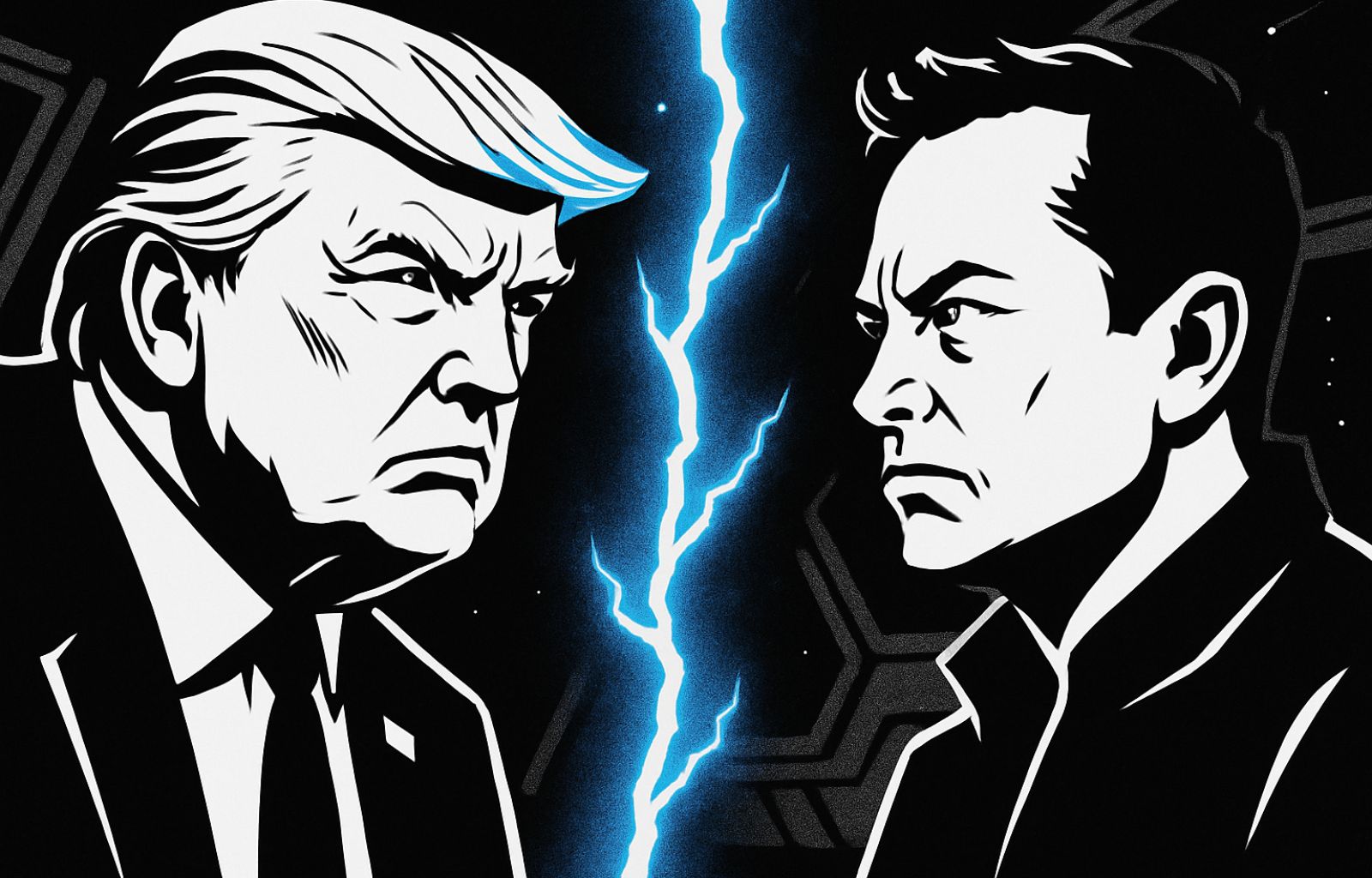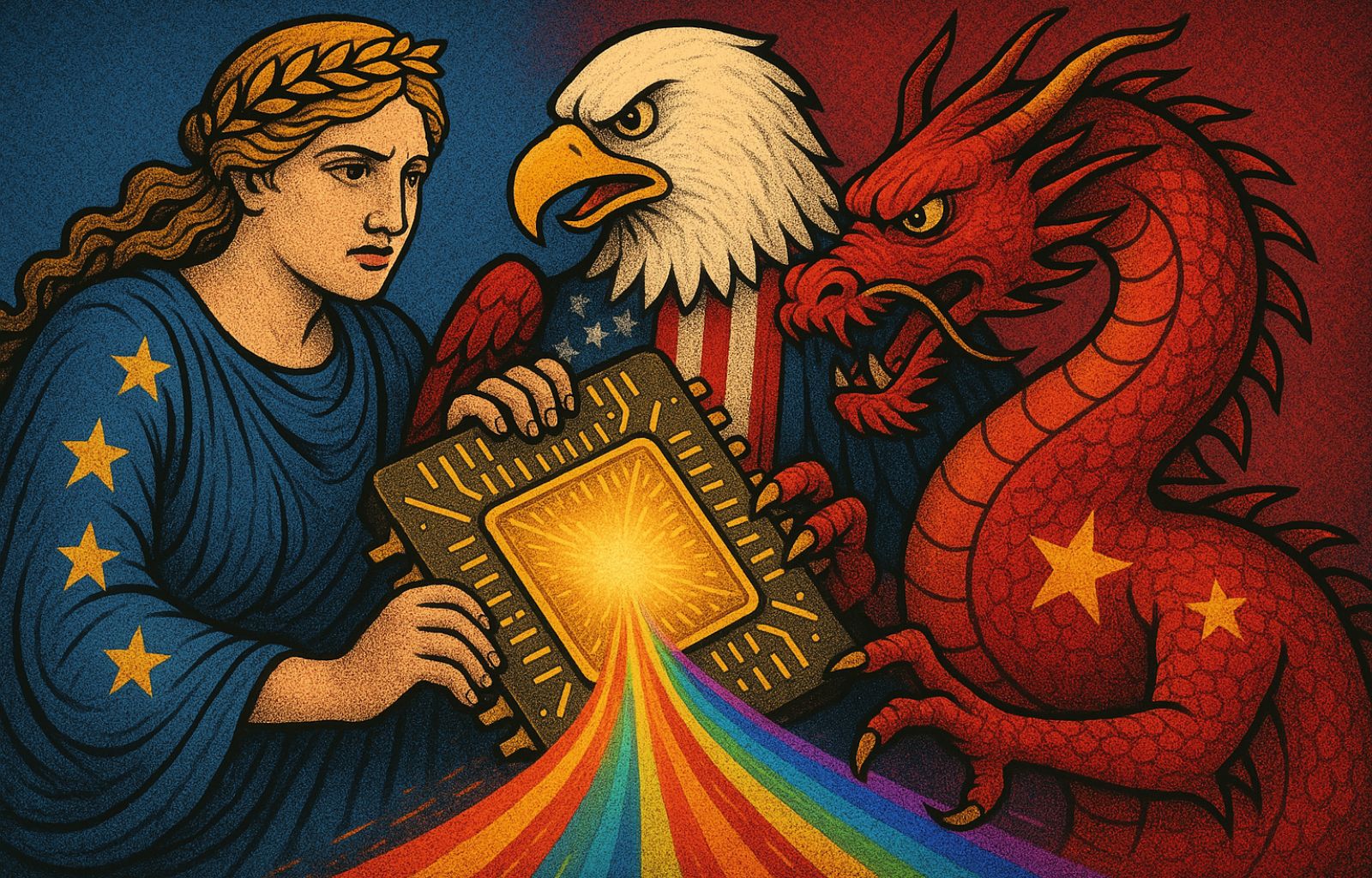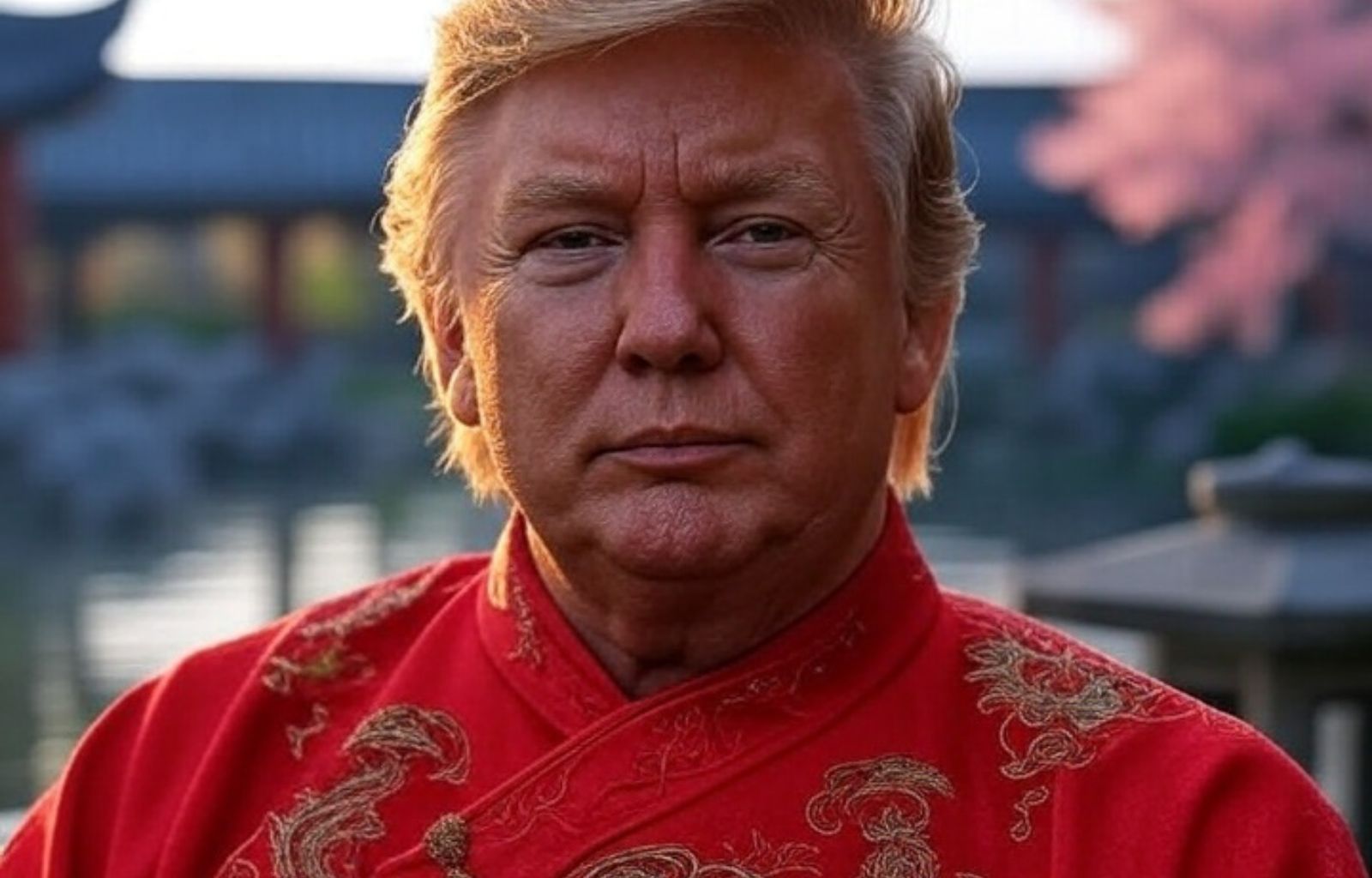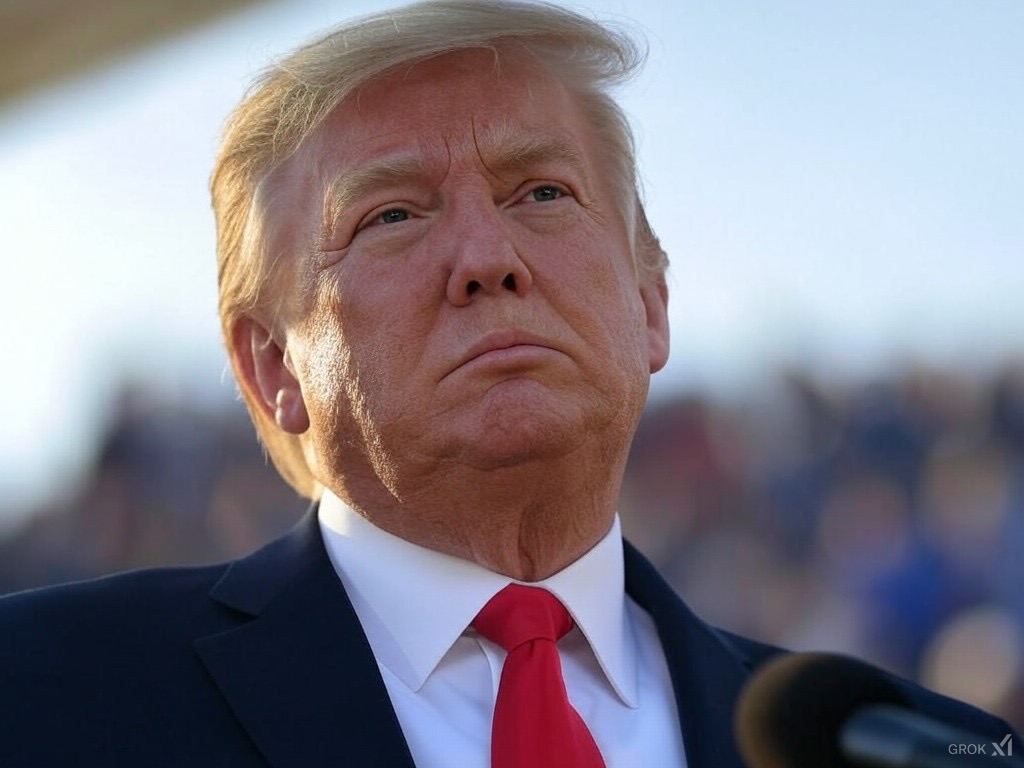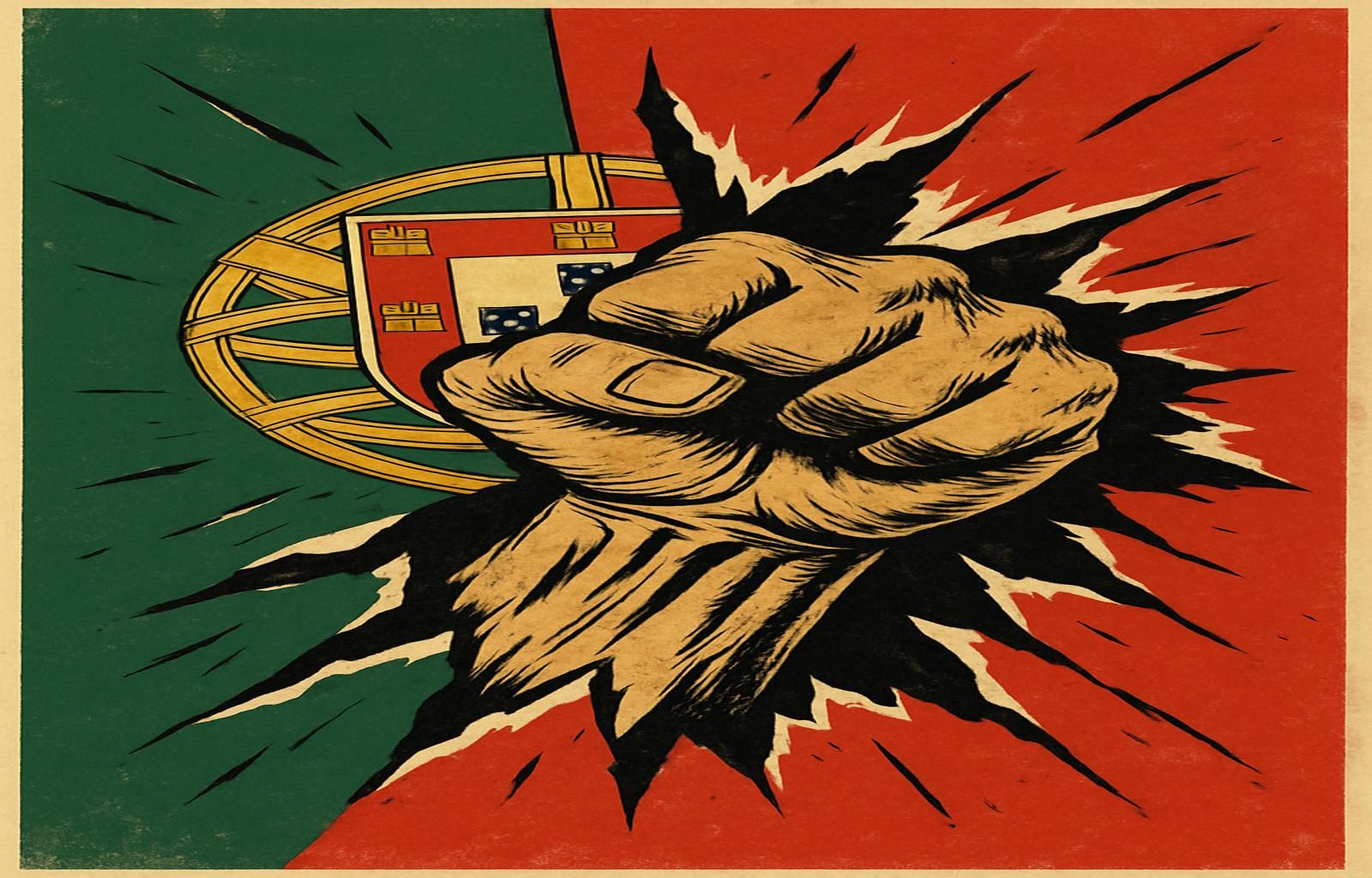All DOGE with other people’s money. Trump, Musk and the requiem of American democracy
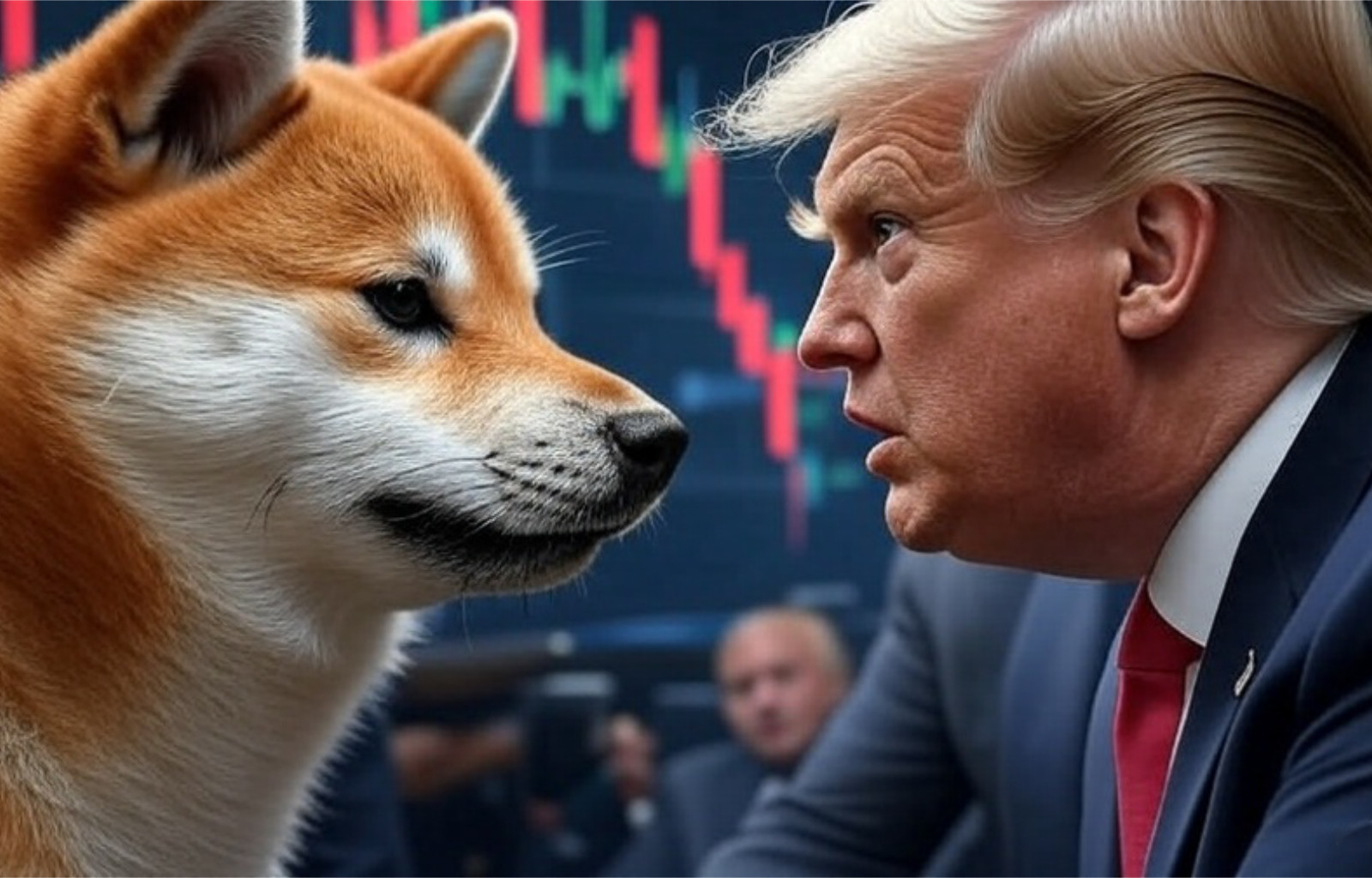
To paraphrase Troisi, ‘he looked like love… instead he was a rent seeker‘. Another one, yet another ‘resident bandit’ – in the political sense, for goodness sake, as understood by Bastiat and Pareto – at the court of the White House. All DOGE with other people’s money, which is always the taxpayers’, in Washington as well as in Brussels and every other leviathanic centre of power. It is the negative-sum game of a worn-out democracy, marked by social rigidities, staggering deficits and substantial stagnation: the recipe for the inexorable decline of a political system dominated by interest-bearers whose aim is not so much to enrich themselves as to do so at the expense of the community.
All DOGE with treble money
They start out as incendiaries and turn out to be lobbyists, actors in the ‘great fiction through which everyone tries to live off everyone else’s back’, echoing Bastiat’s words on the essence of big government. Elon Musk would have liked to put the big government on a diet, the big-spending state, but only for others, also hiding behind the hypocritical mask of an environmentalism of convenience, according to which some public incentives – those to his companies, as it happens – are more ethical than others. He believed he was America’s most influential tycoon, he dreamed of becoming an unelected president; he woke up ousted by interests that mattered more than his own: those of the oil companies, who play this negative-sum game of ‘concentrated benefits in a few hands and widespread losses’, to recite Mancur Olson’s mantra, from centuries before Elon was conceived.
Incentives should be abolished… if I am not the one taking them
Let the rags fly, then, and call for the impeachment of which we are already anticipating the Netflix series, because this is the just and obvious epilogue to one of the most gruesome pages in the recent history of the entire western civilisation. Every nation has its autobiography; Piero Gobetti argued that the Italian one consisted of the Fascist Twenty Years. We would still, with all our hearts, like to believe that the American one can be found in the principles that inspired George Washington and Thomas Jefferson, in the Boston Tea Party or in the myth of the ‘city on the hill’ that illuminated the Reagan presidency. The facts, however, do not lend themselves to benign interpretations. We await new and horrifying developments, with one question that takes our sleep away: did Jeffrey Epstein commit suicide?

